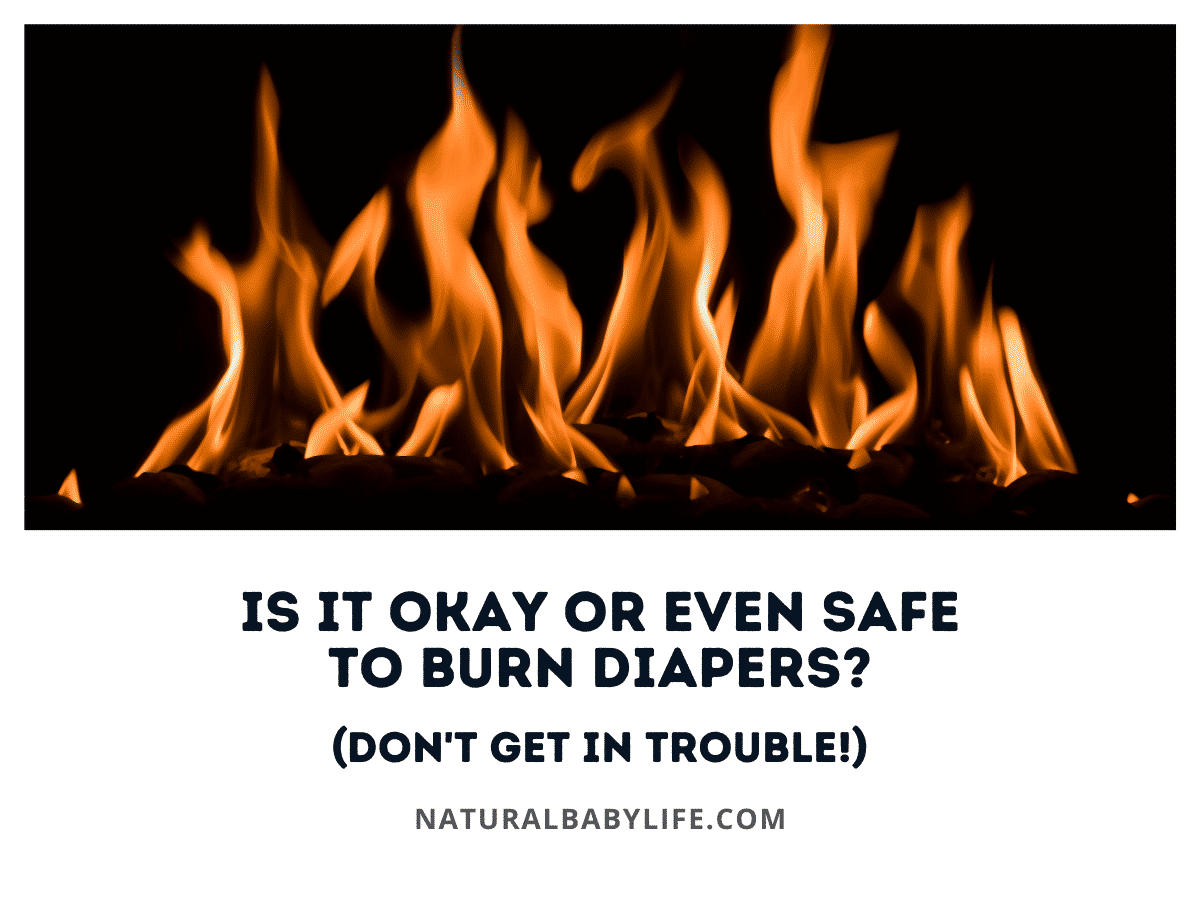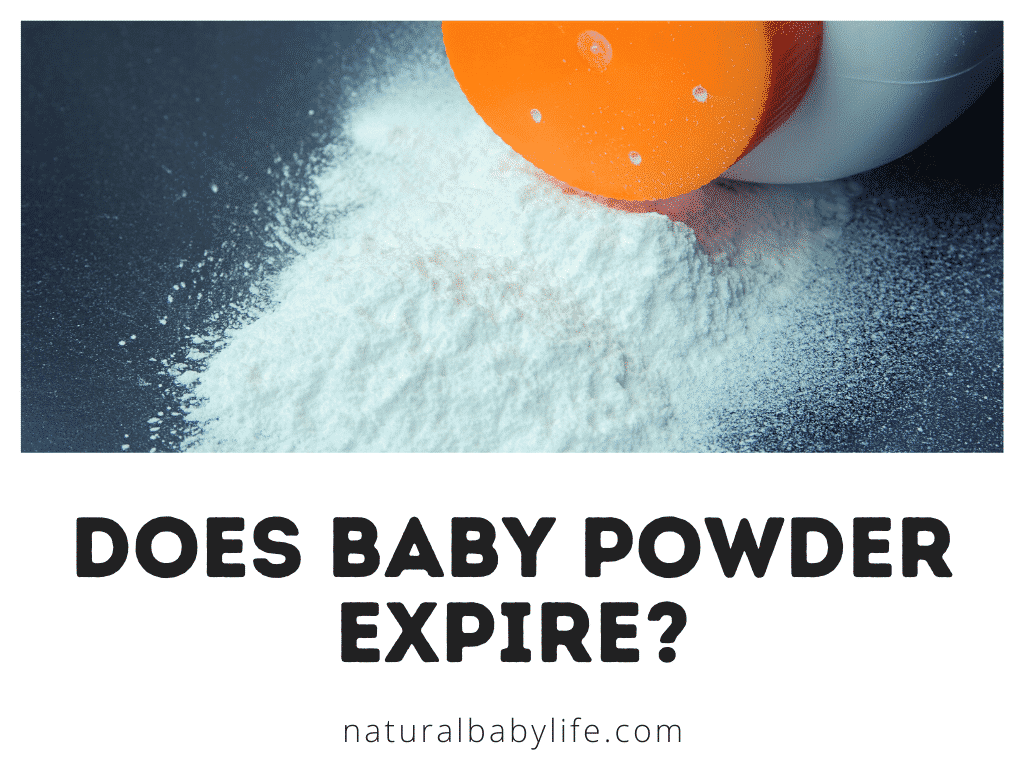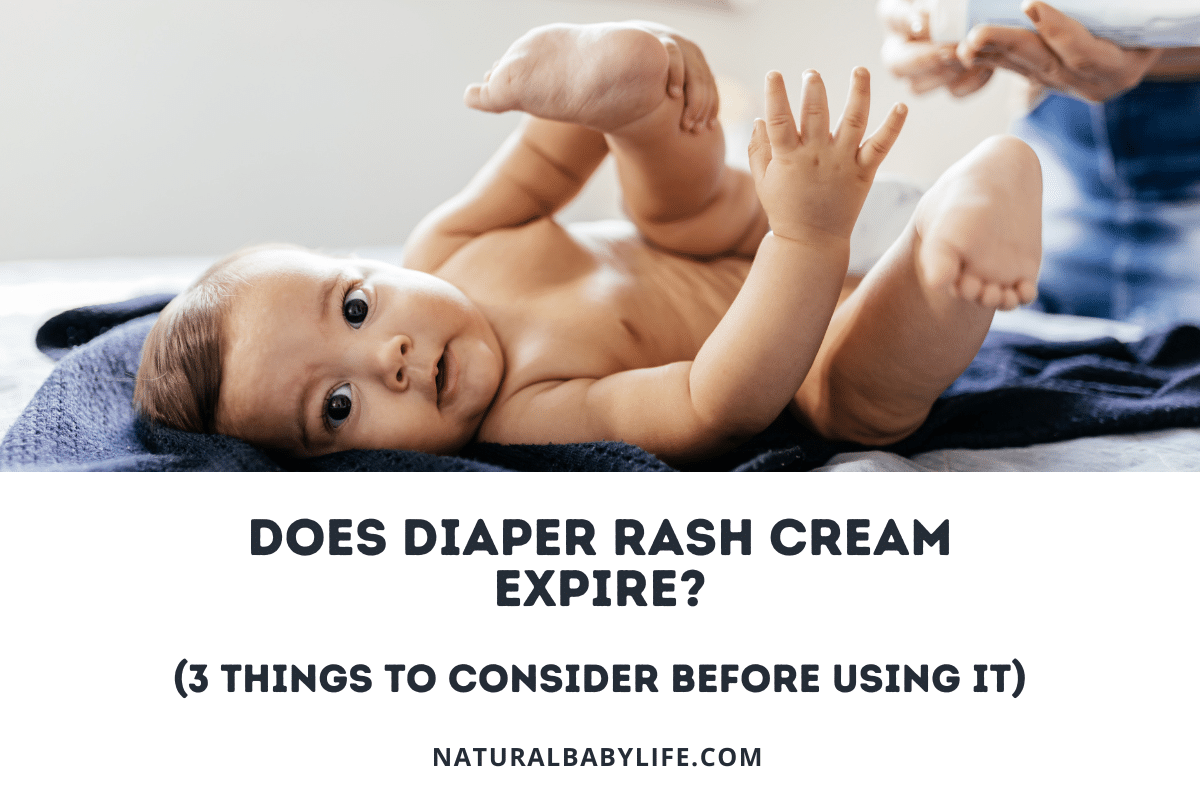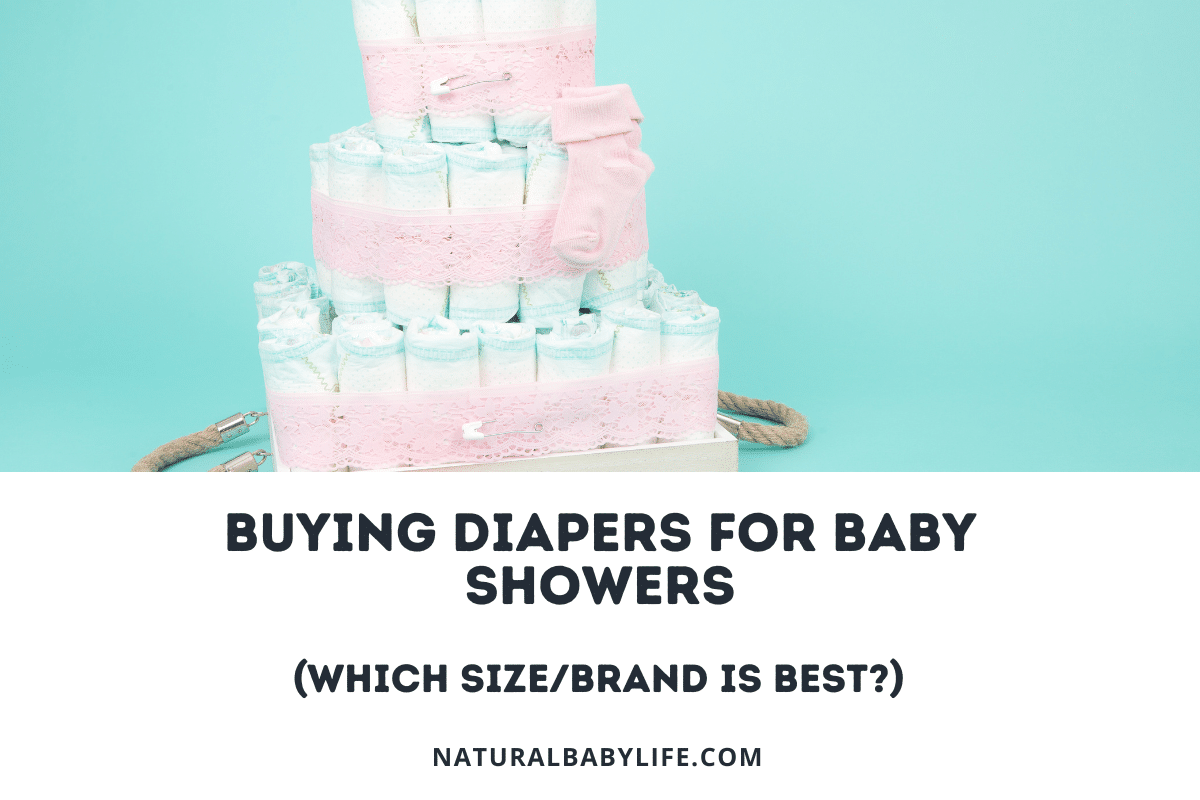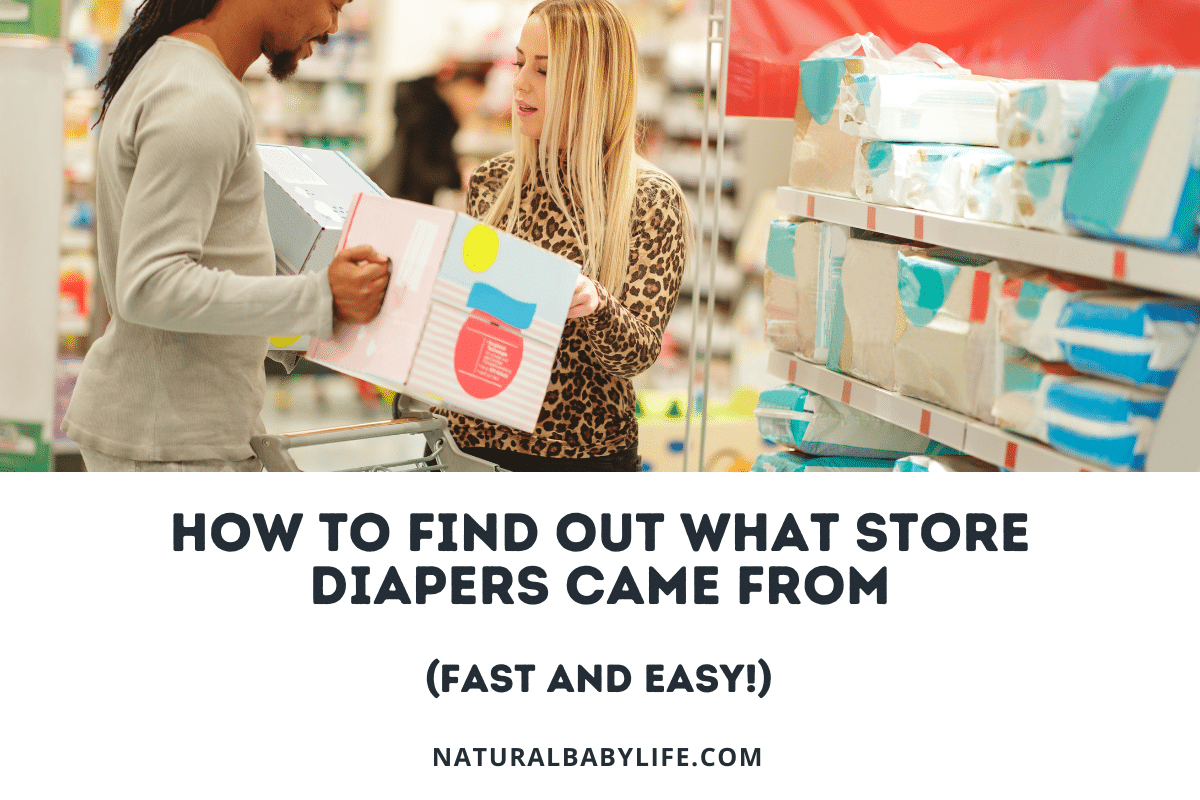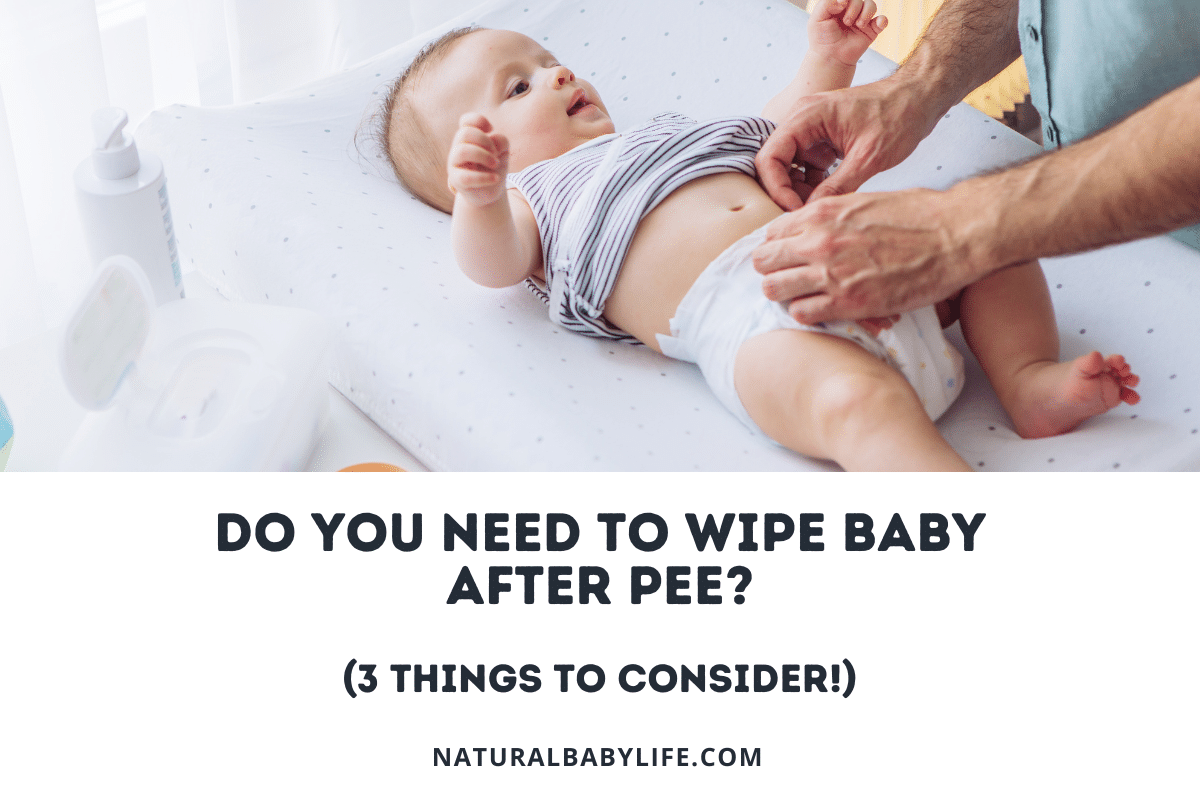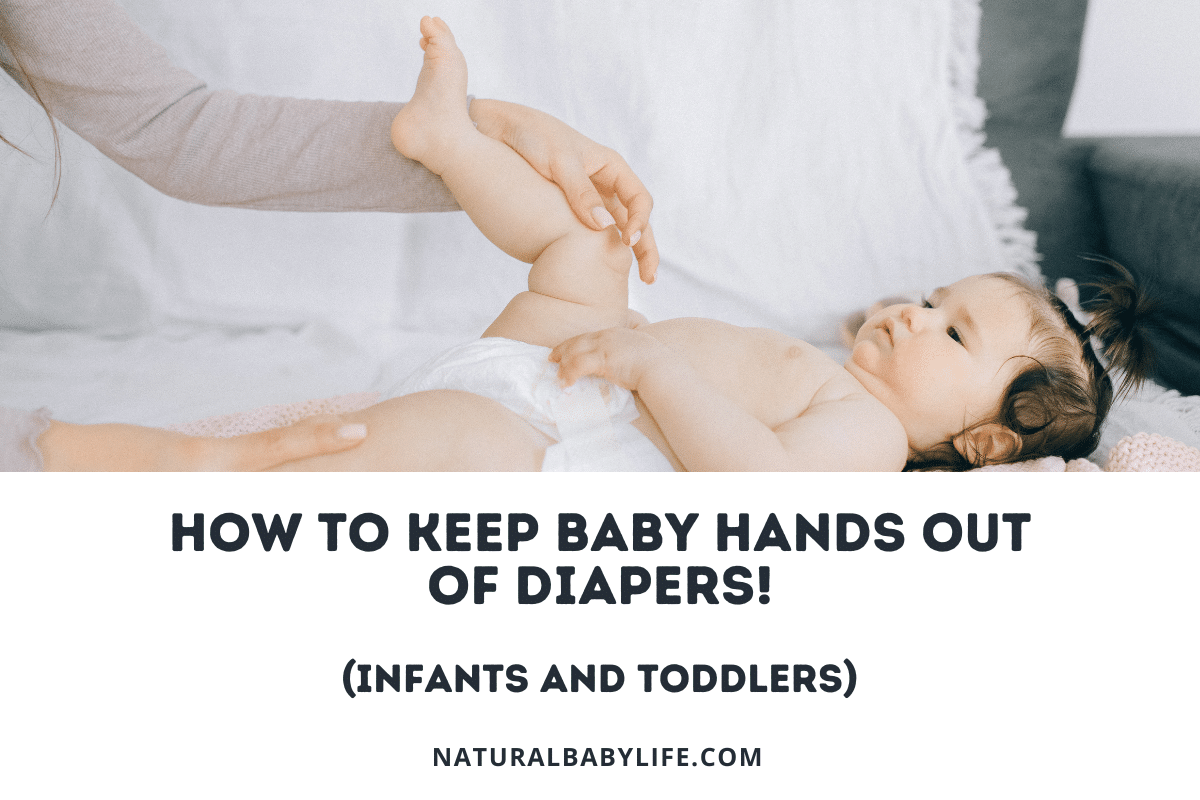The number of diapers our babies go through daily can be shocking, especially during the newborn months. As your baby’s dirty diapers continue to pile up while you wait for trash day, you may be tempted to grab a lighter and take diaper disposal matters into your own hands. But while the notion of disposing of your baby’s dirty diapers by burning them in your backyard fire pit in your may hold a certain appeal, is it safe – or legal?
Disposing of diapers by burning them is dangerous as well as illegal in many states. The plastic and other synthetic materials used to make disposable diapers absorbent contain volatile organic compounds (VOCs) and hazardous air pollutants such as dioxins. When burned, these carcinogenic toxic fumes are released into the air and environment.
Read on for more information about why burning your baby’s diapers is not a good idea, and answers to your questions about the eco-friendliness of diapers. We’ve also included a step-by-step list of how to properly dispose of diapers (are you forgetting step one – sometimes I do!).
Table of Contents
Is it legal to burn disposable diapers?
Given the amount of space that used diapers can take up and the unpleasant odor that can arise from them, you may be tempted to burn them all and be done with the issue, but you should resist that temptation.
Because diapers contain human waste and are made of plastic and hazardous pollutants that are dangerous when burned, the EPA considers disposable diapers municipal solid waste, which should be safely disposed of in landfills. Individual states and local governments have their own laws and regulations on the open burning of waste, and it is illegal to burn your own trash in many states.
When regulating open burning, governments consider the potential environmental impact on air quality, the ozone, and health and safety hazards. Even if it is legal to burn (non-diaper) trash in your state, there may be open burning bans during the summer months.
Call the Department of Environmental Management for your state for information on open burning laws, zoning laws that may apply when burning your own trash, and permissible burnings in your area.
Is it safe to burn disposable diapers?
It is never safe to burn disposable diapers because the plastic contains dioxins.
Dioxins are persistent organic pollutants (POP’s) and these pollutants take a long time to break down. Not only will dioxins released into our air remain there for a long time as environmental pollutants, but they are also extremely toxic to the human body.
Dioxins can cause cancer, developmental and reproductive problems, and are harmful to the body’s immune system and hormones.
The best way to get rid of used disposable diapers
Burning your baby’s dirty disposable diapers is an unsafe and potentially illegal method of disposal. But what is an appropriate and safe way of getting rid of your baby’s dirty diapers?
While there are some brands of diapers that are recyclable, compostable, and biodegradable, most disposable diapers must be thrown in the garbage because they are made from plastic and other material that does not break down.
How to Dispose of Your Baby’s Disposable Diaper
- Empty the contents of your baby’s dirty diaper into the toilet.
- Flush any waste down the toilet.
- Fold up the diaper with the dirty lining on the inside and secure it with the tape on the diaper.
- Put the folded diaper in a plastic-lined diaper pail (be sure to use the foot pedal) or another sealed container.
- Wash your hands.
- When the diaper pail or sealed container is full, remove the plastic liner or bag containing the dirty diapers and tie the bag closed tightly at the top.
- Place in an outdoor trash can.
Are diapers biodegradable?
In recent years there has been a demand for more eco-friendly baby products.
Environmentally conscious parents have become increasingly aware of whether the products they buy for their baby are biodegradable, meaning they will decompose or break down naturally from the bacteria and living organisms in the environment. Unfortunately, most brands of disposable diapers are not biodegradable.
Some brands are biodegradable, and will usually be labeled so on the packaging because it is an important consideration for many parents when choosing diaper brands for their babies.
How long does it take for diapers to decompose?
Considering the average baby will use upwards of 1,500 diapers per year, parents looking for sustainable options when purchasing diapers are also concerned with whether the diapers they are putting on their baby will decompose in landfills.
Because most disposable diapers are made with plastic, most diapers do not decompose easily. It has been estimated that a disposable diaper takes up to five hundred years to decompose in a landfill and that disposable diapers constitute up to two percent of the trash in landfills.
Can you compost diapers?
Some disposable diapers can be composted, depending on their source material.
Diapers compost much better inside industrial composters as compared to compost bins in backyards, however. A quick search online will give you a list of composting services in your area.
If you do your own composting, be sure to check that the packaging on your baby’s diapers is labeled “Compostable” and never put composted diapers in a food garden. Only some diapers labeled “Biodegradable” are also “Compostable.”
Remember that compostable diapers will only break down naturally if they are actually composted; diapers sitting in landfills will not compost on their own.
Can you recycle diapers?
While the idea of disposing of your baby’s dirty diapers in your recycling bin may have occurred to the eco-warrior inside of you – don’t do it! Diapers cannot be recycled. Don’t put them in your recycling bin unless you want your recycling collectors to greet you with disgust the next time you see them.
Diapers are made from many different types of material, some parts of a diaper are recyclable and some parts are not, such as the elastic waistband in many diapers.
And don’t forget what’s contaminating both the recyclable and non-recyclable parts of your baby’s stinky diapers – human waste!

